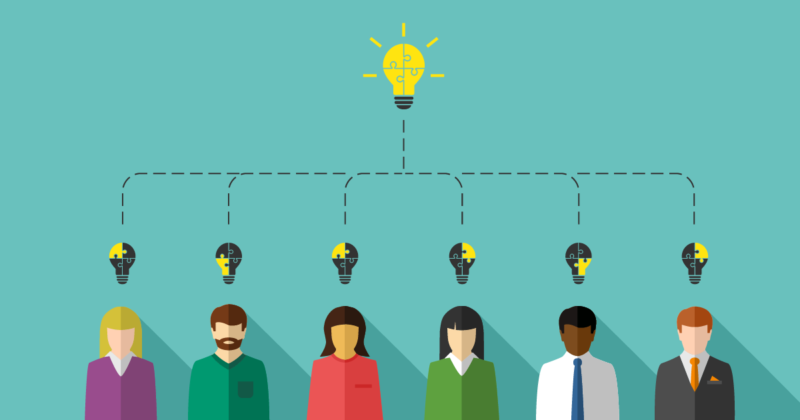Scrolling through different social media sites, (I mean that’s what majority of people are doing right now, right? Except for the few hours of working from home or working for home) I see one thing in common and that is different people coping with the current situation of pandemic.
Some are bored in the house and in the house bored, the others are exploring their talents and hobbies and well there are these people who are trying to give back to the society. To start with the last group of people, there are celebrities and influencers pledging to financially contribute in the funds that will help the sufferers of this situation or them going directly to the streets helping people and the hungry street animals, directors releasing songs that sings the glory of frontline workers fighting the virus and there are state authorities encouraging people to show their gratitude to frontline workers through certain gestures. Now being public figures, they seem to have positively affected a lot of other people since we see general public following such paths and contributing in their own way.
In addition to that, we also see people helping the underprivileged by making their problems reach the concerned authorities, one of the major examples of this being people who raised their voices to get the daily wage workers home in a dignified manner so that they wouldn’t have to sleep hungry. All in all, I am sure we have all been double tapping and sometimes even sharing the generous acts of different people who are helping the ones in need other than actually performing the act of kindness ourselves. Act of kindness are often studied by social psychologists under prosocial behavior where the motive behind such activities are also studied.
Prosocial behavior refers to the actions that help others with no immediate benefit to the helper. But aren’t we all too skeptical and rather think that people aren’t actually that generous and that leads us to assuming the various hidden motives behind it. Questioning the reason behind the generous act is important to understand the nature of prosocial behavior.
There are a number of developed hypotheses which has attempted to explain the motive behind the generous act of people. The first one is the empathy-altruism hypothesis which states that we help people because we are concerned about their well-being and are motivated solely by the desire to help someone in need. The second one is negative-state relief hypothesis according to which we are motivated to help someone to reduce our own uncomfortable negative emotions or feelings. The third one is the empathetic joy hypothesis which views that helpers respond to the needs of a victim because they want to accomplish something, and doing so is rewarding in and of itself.
The fourth one which I believe is the most embraced by people in this age is competitive altruism hypothesis which suggests that one important reason why people help others is that doing so boosts their own status and reputation and, in this way, ultimately brings them large benefits, ones that more than offset the costs of engaging in prosocial actions.
Like mentioned earlier, people seem to be more than ready to render their assistance in any way possible to the ones in need in this time of crisis and the reason behind this may be any one of the above mentioned hypotheses. And we know of this because they are proudly posted on the walls of their social media feed. But there is this another group of people who are quite cynical of such prosocial behavior of people. People have not backed away from voicing their criticisms regarding the generous act of public figures as well as others in the social media sticking to the mantra of “too good to be true”.
One of the major arguments being whether it is actually necessary to capture the moments of such generous acts and share it in the platform with an access to millions of people. I came across this one particular post where a group of people go to woman’s house to provide her relief materials but then seeing that the group has a camera and is filming the whole scenario she refuses to take it. Now, this one post really got me thinking. I mean on one hand this is an age of social media, we do everything for the gram but is it not insensitive of us to capture the vulnerability and post it just for a few likes?
Then there comes another factor called “gratitude”. Let’s be real, who doesn’t want to be appreciated? It shouldn’t be surprising, therefore, that gratitude— positive response shown by the recipients of help—has been found to increase subsequent helping. But is “gratitude” that important? According to Grant and Gino (2010), two clear possibilities exist. First, being thanked may add to the sense of self-efficacy—helpers feel that they are capable and competent, and have acted effectively. Second, it may add to helpers’ feelings of self-worth, their belief that they are valued by others.
Hence, gratitude helps in increasing the prosocial behavior. Now linking this to the current trend of sharing what you have contributed during these tough times, I believe that doing so is one of the effective ways to prove your self-worth and competence since you receive all such comments of how much of a good job you have done and hence makes you want to do more. Moreover, the followers of various public figures are influenced by their idols and they too engage in acts of kindness. At the end, those who are in need are benefitted.
However, we cannot totally disregard the fact that posting about the vulnerability of people might also make them feel humiliated and discouraged to receive such help since human dignity is above all. Research findings show that receiving help doesn’t always generate positive reactions in the recipients and under some conditions they are more likely to experience feelings of resentment to the helpers. And at times of such crisis when they are already under so much of troubles subjecting them with negative publicity is nothing but degrading and inhuman.
Hence, I believe that we can establish a common ground here. It isn’t a bad thing that both the parties of a prosocial behavior are benefitted by such acts. So what I suggest is that we filter what we post. Not everything needs to be on the wall of your social media account. Continue the good work in a way that reveals that yes you are contributing in the ways you can without showing how vulnerable the receiver was or is. Even more, show gratitude towards people who are fighting with the virus and keeping us safe at home making it easier for us to double tap on what’s happening around the world. Happy scrolling y’all!

Just trying to understand life one step at a time and sharing what I think, believe, feel, and see. So, decipher life through my eyes the 5 minutes you read what I write.

